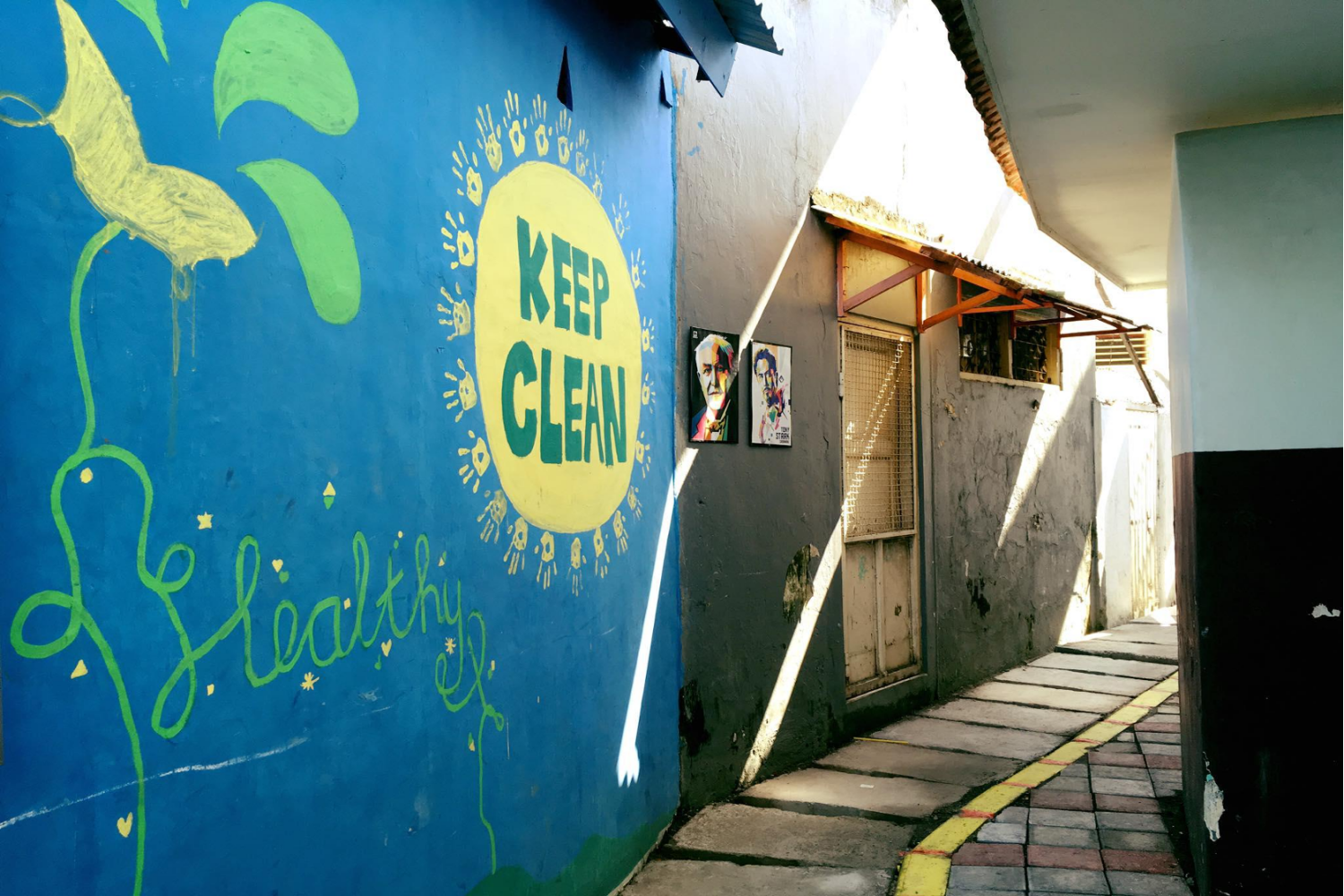Public health experts urge government to put health at centre of levelling up agenda
Health needs to be at the heart of the Government’s levelling up agenda, say researchers at the Universities of Cambridge and Newcastle. The team have today
Dec. 10, 2021 • ~5 min









